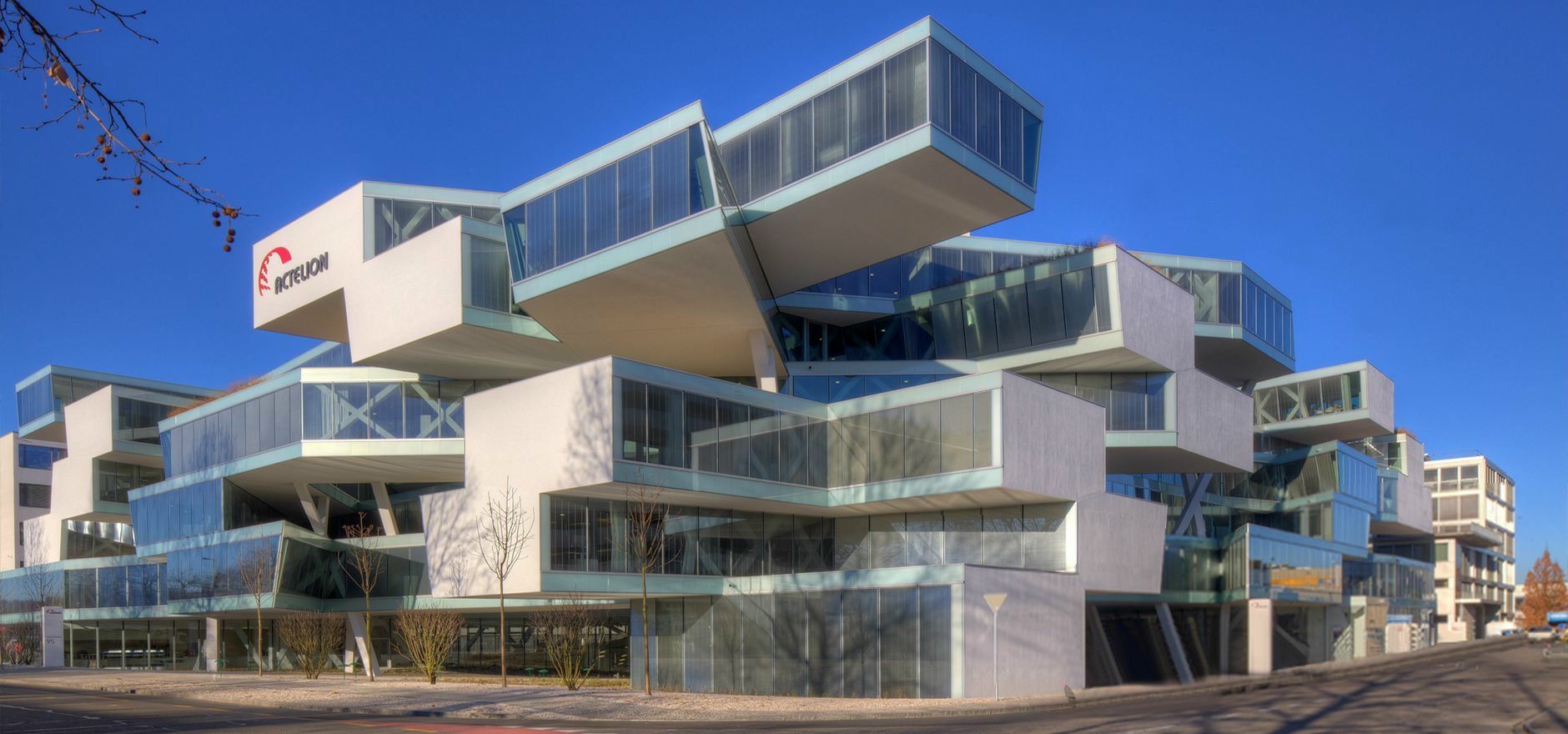
Early Hair Straightening Methods
Throughout history, people have used various methods to straighten their hair. In ancient times, hot combs were used to press and straighten curly or wavy hair. These combs were heated over an open flame and then used to comb through the hair, creating a straighter look. This method, while effective, was not without risks, as the high heat could easily damage the hair and scalp.
The Invention of the Flat Iron
In the late 19th century, the first metal hair straightening tool was patented. This early version of the flat iron consisted of two heated metal plates that were clamped together to straighten the hair. While this invention was a significant improvement over the hot comb, it still posed risks of heat damage and was not very efficient.
Introduction of Chemical Relaxers
By the early 20th century, chemical relaxers became a popular method for straightening hair. These products, which contained harsh chemicals such as lye or sodium hydroxide, chemically altered the structure of the hair, breaking down the bonds that created curls or waves. While effective, these relaxers were notorious for causing scalp burns, hair breakage, and overall damage to the hair.
Modern Hair Straightening Tools and Techniques
In more recent years, advancements in technology have led to the development of safer and more effective hair straightening tools and techniques. Ceramic flat irons have become popular due to their ability to distribute heat evenly and reduce the risk of damage to the hair. Additionally, tourmaline and titanium flat irons have gained popularity for their ability to produce negative ions, which help to seal the hair cuticle and lock in moisture, resulting in smoother and shinier hair.
Furthermore, the rise of hair straightening brushes and hot air brushes has provided a gentler and less time-consuming alternative to traditional flat irons. These innovative tools combine the benefits of a brush with the heat of a styling tool, resulting in straighter hair with minimal damage.
The Future of Hair Straightening
As technology continues to advance, the future of hair straightening looks bright. With a growing emphasis on sustainability and eco-friendliness, there is a rising demand for hair straightening tools that are energy-efficient and environmentally conscious. Additionally, advancements in materials science may lead to the development of even safer and more effective hair straightening tools that prioritize the health and integrity of the hair.
In conclusion, the evolution of hair straightening tools and techniques has come a long way from the risky methods of the past. With a focus on safety, efficiency, and long-term hair health, the future of hair straightening is sure to bring about exciting innovations that cater to the diverse needs of people seeking smooth, sleek hair. Our dedication is to offer a fulfilling educational experience. That’s why we suggest this external website with extra and relevant information about the subject. Read this detailed report, explore and expand your knowledge!
Access the related posts to deepen your knowledge on the subject:


